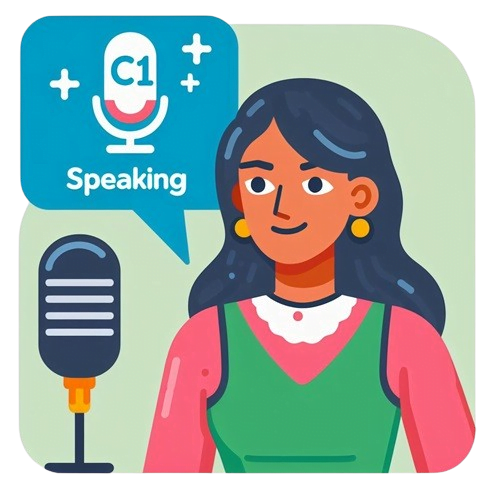Cambridge C1 Advanced Writing: Sample Report
What you will find in this guide:
Sample Question
Write an answer to one of the questions 2 – 4 in this part. Write your answer in 220 – 260 words in an appropriate style on the separate answer sheet.
2. There are plans to demolish an old and unused building in the town where you are a student. You feel that the building should be saved. You decide to write a proposal for the town council explaining why you think the building should be preserved, suggesting what could be done to modernise it and saying how the building could benefit the local people.
Write your proposal.
3. You have just finished a three-week study and work programme in an English-speaking country. You studied English language in the mornings and worked for a local company in the afternoons. The programme organiser has asked you to write a report about your experience. In your report, you should evaluate the programme, explaining which part of the programme was more useful, and suggest changes you would recommend for next year’s programme.
Write your report.
4. A travel website has asked you to write a review of a holiday resort you have been to, explaining what kinds of people the resort is likely to appeal to, and which aspects of the resort you would most recommend to other visitors. You should also suggest at least one way in which you feel the resort could be improved.
Write your review.
The Outline
- Evaluation of English language study
- Evaluation of work experience
- Comparison
- Recommendations
Language to Use
Vocabulary:
- Bifurcated
- Navigate the work culture
Grammar:
- Comparative forms, Modal verbs (should, could),
- Complex sentence structures
- Figurative Language: The real magic was delivered
Sample Report
Report on the Three-Week Study and Work Programme
I recently completed a three-week study and work programme in an English-speaking country. The programme was bifurcated into morning English language classes and afternoon work at a local company.
The morning language classes were highly effective. The interactive teaching methods and diverse learning materials significantly improved my English proficiency. However, the real magic was delivered through the real-world application of language skills at the local company in the afternoons. It provided a practical context that reinforced the morning lessons and enhanced my communication skills.
Despite the overall positive experience, there are a few recommendations for next year’s programme. Firstly, incorporating more real-life scenarios in the language classes could bridge the gap between theoretical knowledge and practical application. Secondly, providing a mentor at the workplace could help navigate the work culture more efficiently.
In conclusion, the programme was a rewarding experience that combined academic learning with practical work experience. With a few enhancements, it can provide even more value to future participants.
FAQ
The Writing paper of the Cambridge C1 Advanced exam consists of two parts: One Essay and one task where you can choose your task from given options.
You are required to choose one type of writing in the second task. Your options are: Writing a letter, an email, a proposal, a report, and a review.
The Writing paper is assessed based on your control of a range of language, correct use of grammar structures, specificity of words or structures to express your ideas, and the effective use of functional language to persuade, agree, or compare






